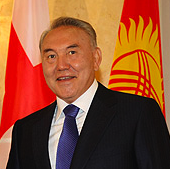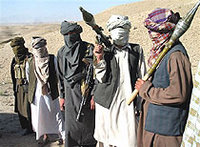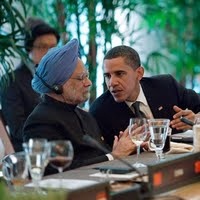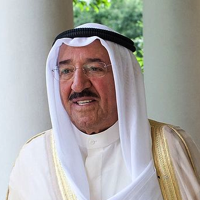
AKTAU, Kazakhstan — Last week, Kazakh President Nursultan Nazarbayev traveled to Germany for the signing of $4 billion worth of economic agreements, exchanging access to Kazakhstan’s stores of rare earths and raw minerals for German technological expertise. Appearing alongside German Chancellor Angela Merkel, Nazarbayev struck a confident figure in deflecting criticisms of the country’s democratic performance. After two decades of independence, Kazakhstan appears to have won its place on the world stage. Going solely by the numbers, Nazarbayev has reason to be confident. Once considered yet another impoverished Central Asian post-Soviet republic, Kazakhstan’s per capita GDP now stands at more […]







